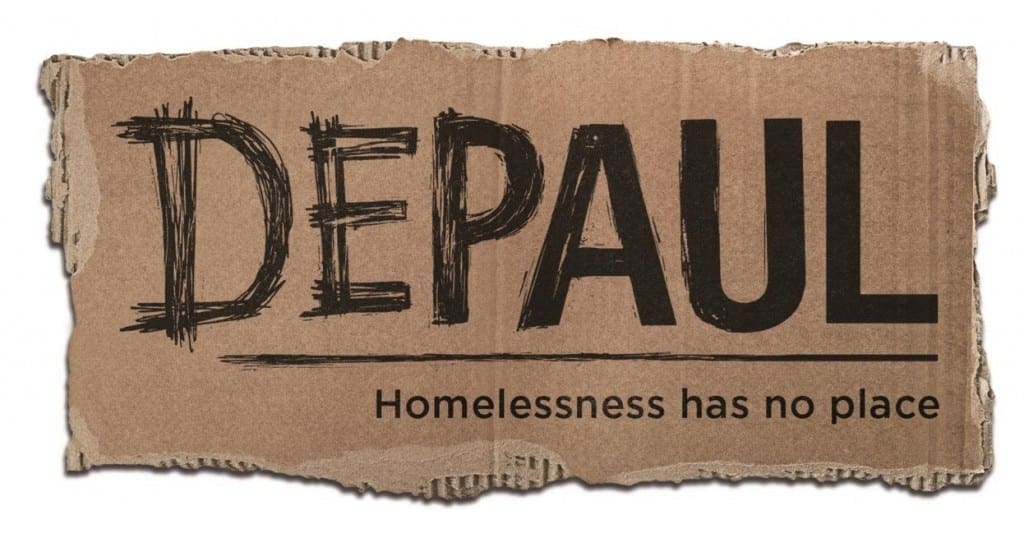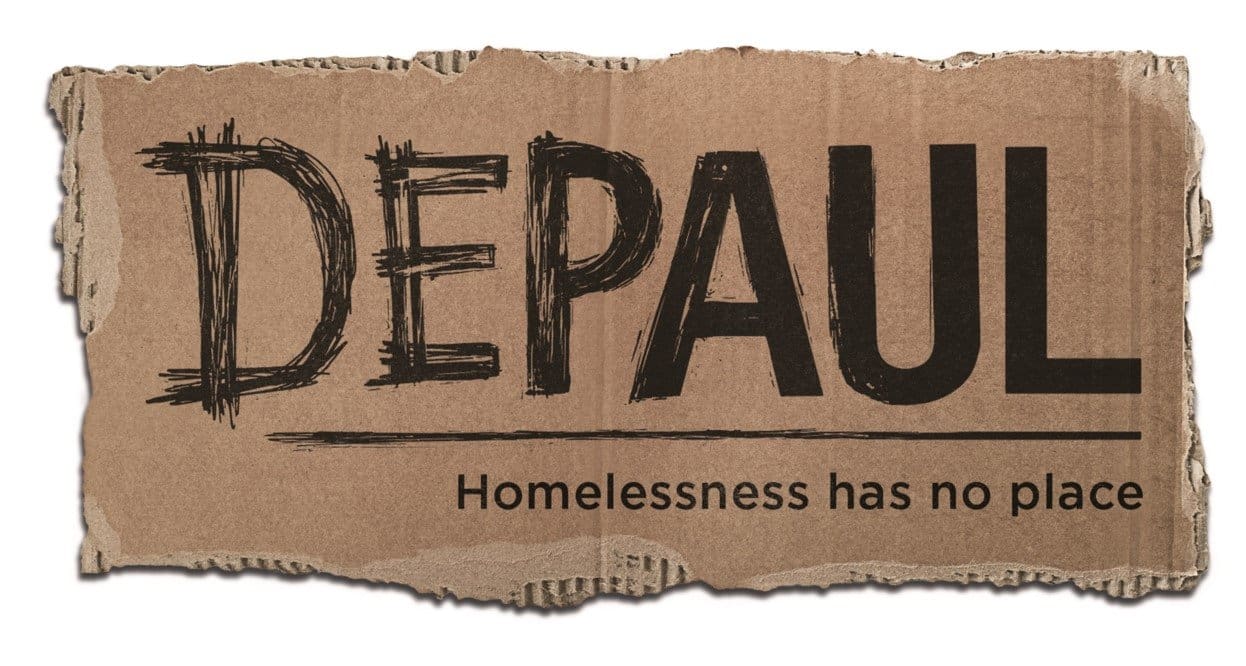Practical alliance – DePaul University and Depaul International
 Practical alliance – DePaul University and Depaul International address issue to develop a common language to describe homelessness.
Practical alliance – DePaul University and Depaul International address issue to develop a common language to describe homelessness.
What’s in a name? Let me count…
Kat Johnson, the director of the Institute of Global Homelessness at DePaul University, writes
“If you speak with someone who goes to regional conferences that address homelessness, they’ll tell you that attendees are distracted the first two days arguing about what homelessness means. We want to make comparisons across countries and understand trends, so we know whether certain policies are effective. It’s important to be able to measure homelessness consistently, and that means agreeing on common terminology around homelessness,”
On any given night in the U.S., some half a million people experience homelessness according to The Department of Housing and Urban Development. Now imagine trying to count the number of homeless people on a global scale.
“There aren’t good apples-to-apples estimates of homelessness across the world. In some cases, this is because counts are very old or have never been attempted. In other cases, what is considered homelessness varies quite dramatically from place to place,” says Kat Johnson, the institute’s director.
People from more than 30 countries attended the recent conference and some sessions were translated to Spanish. The idea of creating a global movement to end homelessness energized researchers and practitioners who are involved with the institute’s work.
The institute is an alliance between DePaul University and Depaul International, a London-based charity that supports homeless and marginalized people around the world. It is bringing together people from organizations around the globe, and on June 1-2, hosted a conference – Homelessness in a Global Landscape – to develop a common language to describe homelessness. The conference jump started the institute’s work in three areas: conducting a global count, creating a respository of cutting-edge research – including information on best practices – and leadership development for the next generation of practitioners and policy-makers. All three intend to address the challenge of ending homelessness worldwide.
The categories of global homelessness draw from developed and developing countries in the global South and North. The institute will focus on people without accommodation – people sleeping on streets, railway embankments, in cars – and people living in temporary or crisis accommodation, which includes night shelters and homeless hostels.
The institute also wants to serve as a clearing house by facilitating much needed information sharing across countries. “We want to learn from one another,” says Ashwin Parulkar, project head of the Knowledge Centre on Urban Homelessness at Centre for Equity Studies in New Delhi, who spoke at the conference.
To learn more about the Institute of Global Homelessness, click here.







0 Comments